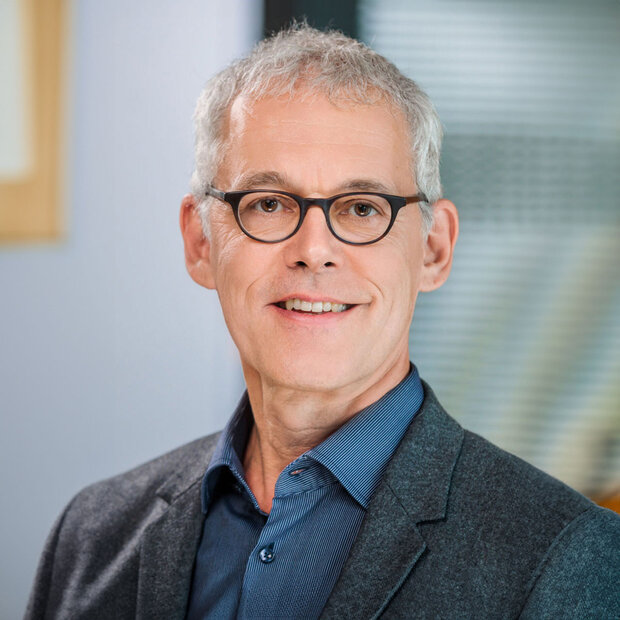

Shaping
tomorrow through
cutting-edge research
The development of new materials in the context of the energy transition is of great societal importance to meet the pressing challenges of energy availability and climate change. Most state-of-the-art energy technologies rely on extremely scarce chemical elements and are therefore not sustainable in the long term. In addition, the long-established approach of an empirical and sequential development is far too slow to address the ever-increasing need for new energy materials and systems.
RC FEMS therefore takes a knowledge-based, holistic approach that considers aspects of sustainability, resource availability, economic efficiency, and usability from the outset when developing materials in energy systems. Based on physical and chemical models in combination with high-throughput methods and machine learning, hypotheses are derived and optimized in an iterative experimental-simulative design cycle to obtain structure-function correlations that enable the targeted development of new materials. One focus is on the observation and control of quantum mechanical processes in real time at interfaces and in heterostructures of energy-relevant materials such as catalysts, batteries, magnets and superconductors. Another focus is on the development of scalable synthesis, coating and structuring processes. These will also be considered from the outset and thus close the gap between newly discovered materials and their application in a real system context.
 ©
A. Muchnik/CENIDE
©
A. Muchnik/CENIDE
Prof. Dr. Christof Schulz - Director RC FEMS